In the 1930s a trio of unlikely adventurers set off to find a heretofore uncharted land. It has existed in stories and myths for centuries and is believed to be somewhere around the North Pole. Hounded by an overambitious agent of the USSR, the explorers end up finding much more than they ever expected.
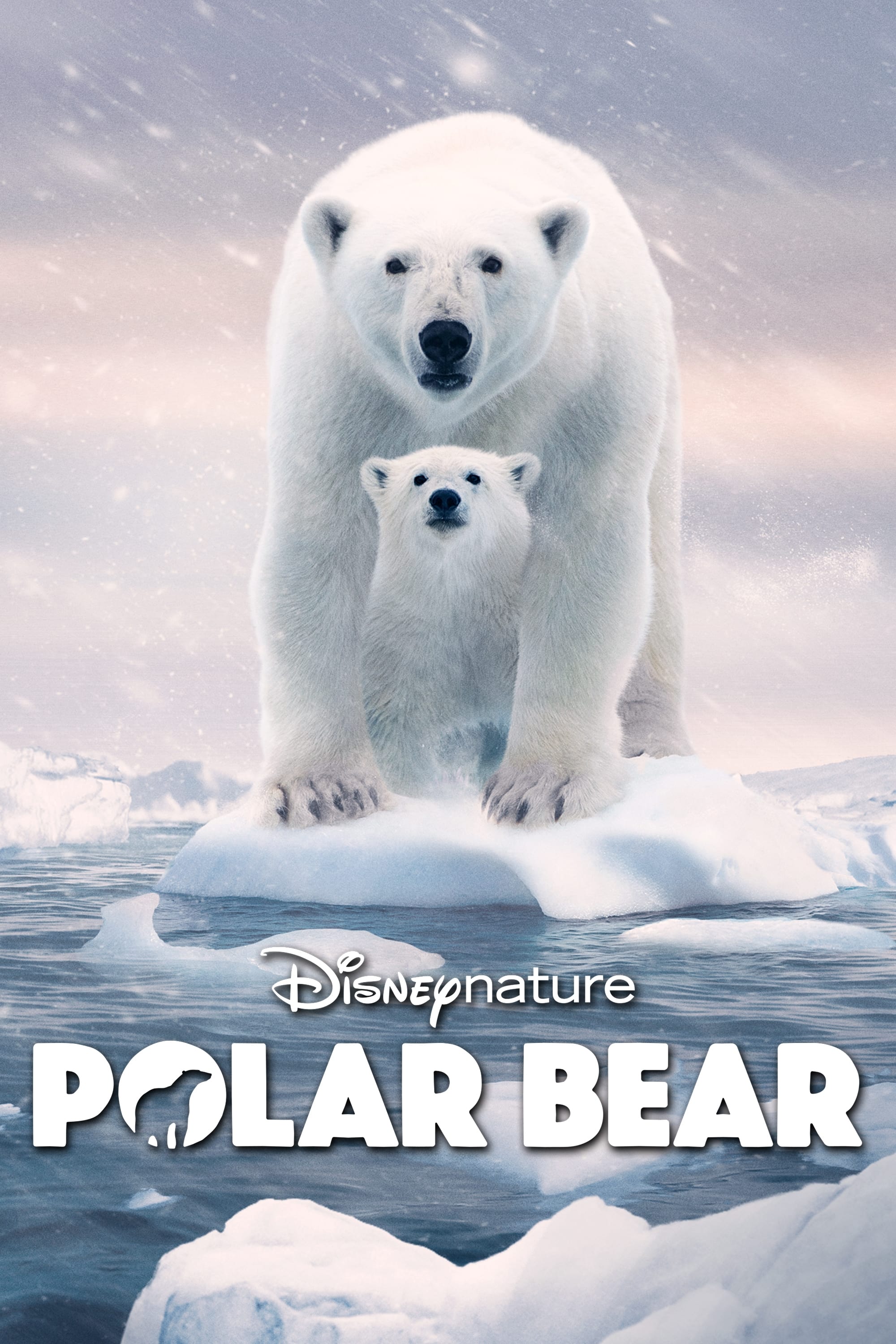
A new mother’s memories of her own youth prepare her to navigate motherhood in the increasingly challenging world that polar bears face today.
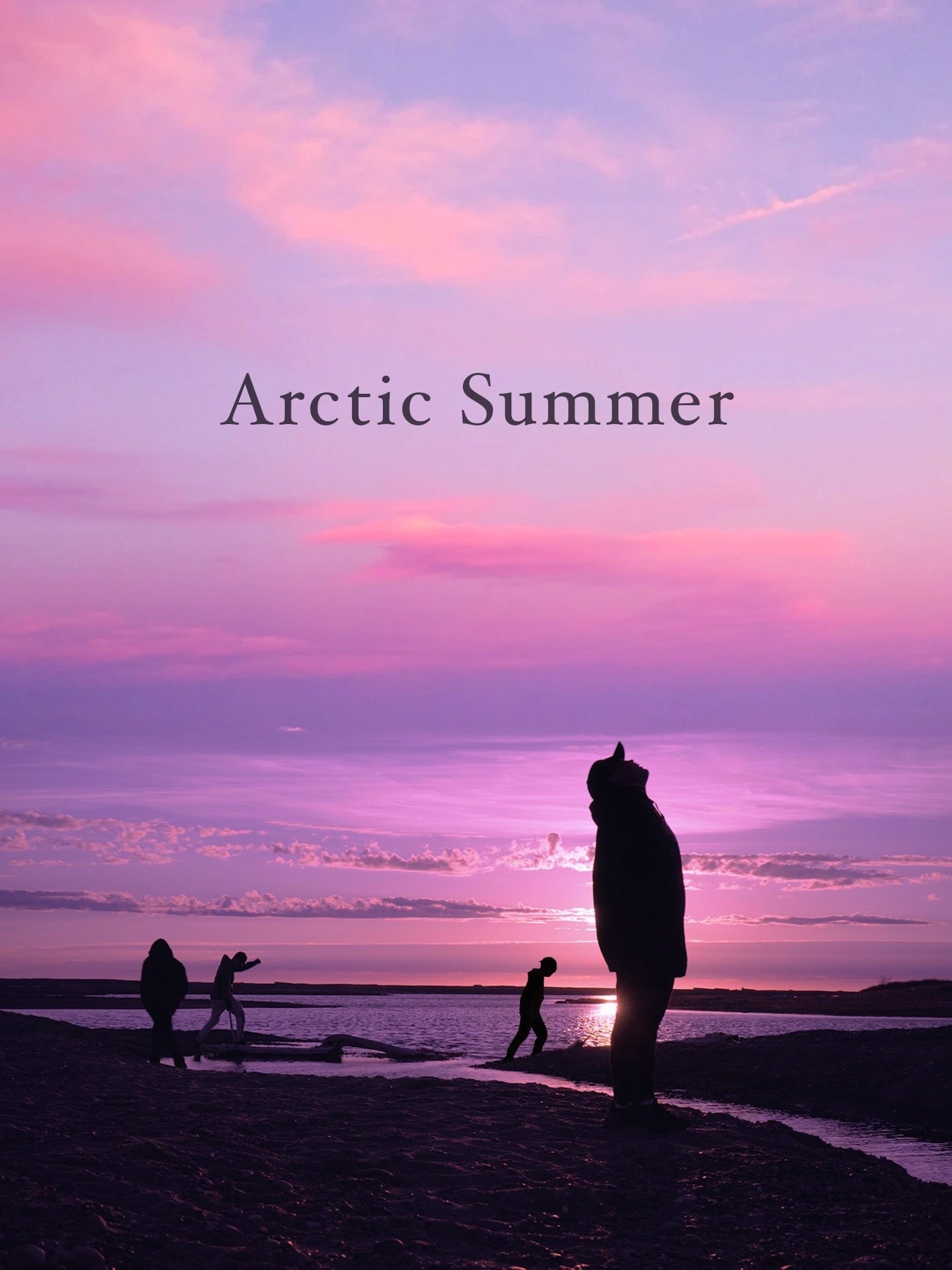
ARCTIC SUMMER is a poetic meditation on Tuktoyaktuk, an Indigenous community in the Arctic. The film captures Tuk during one of the last summers before climate change forced Tuk's coastal population to relocate to more habitable land.

A lone scientist in the Arctic races to contact a crew of astronauts returning home to a mysterious global catastrophe.
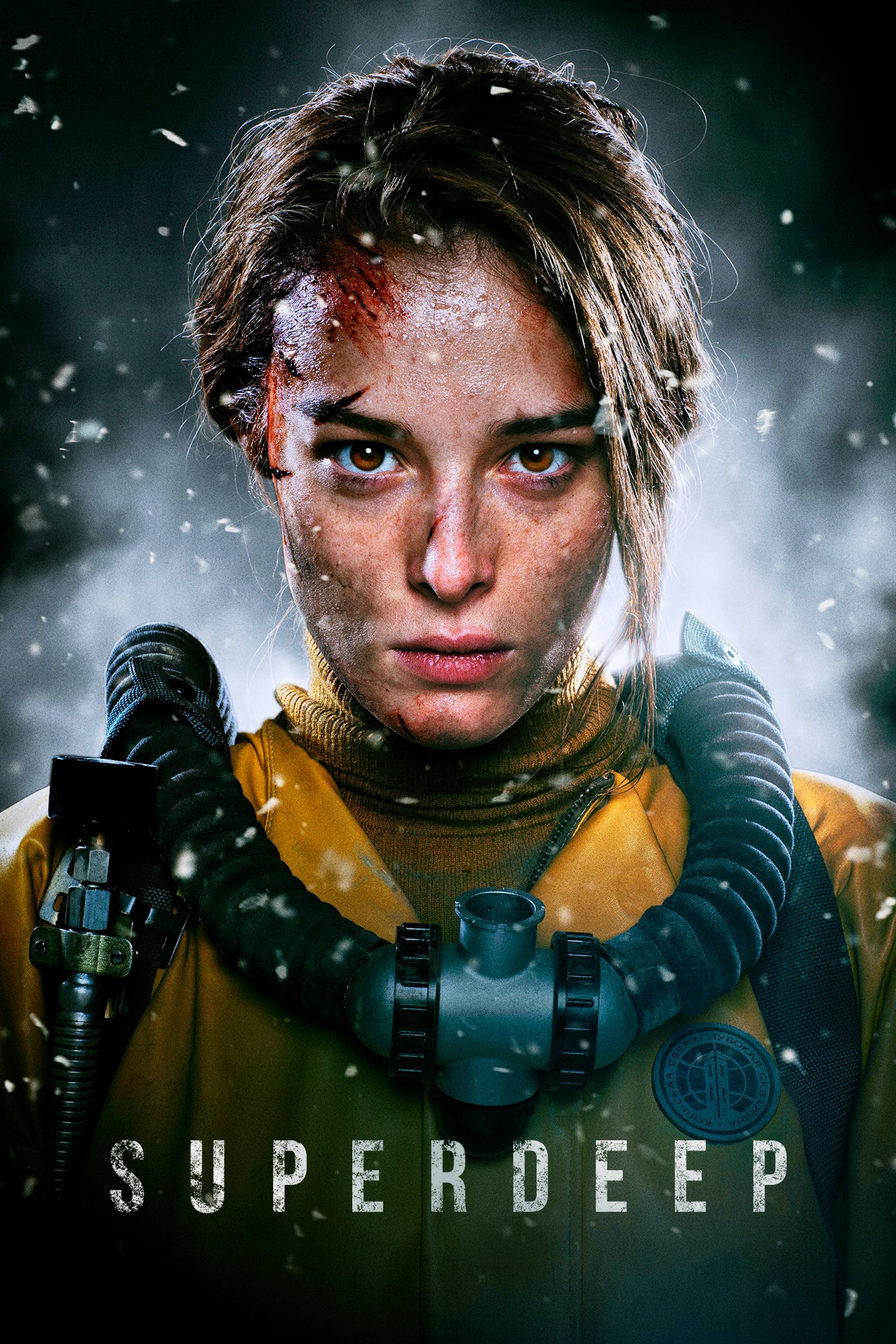
In 1984, a Russian research team goes below the surface to find out what secret the world's deepest borehole is hiding. On their expedition, something unexpectedly gruesome awaits the researchers.
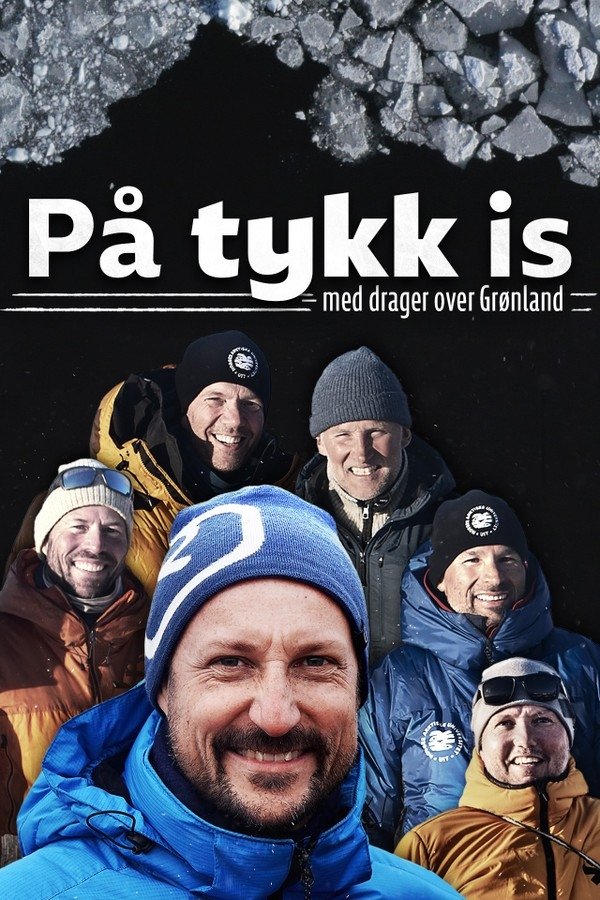
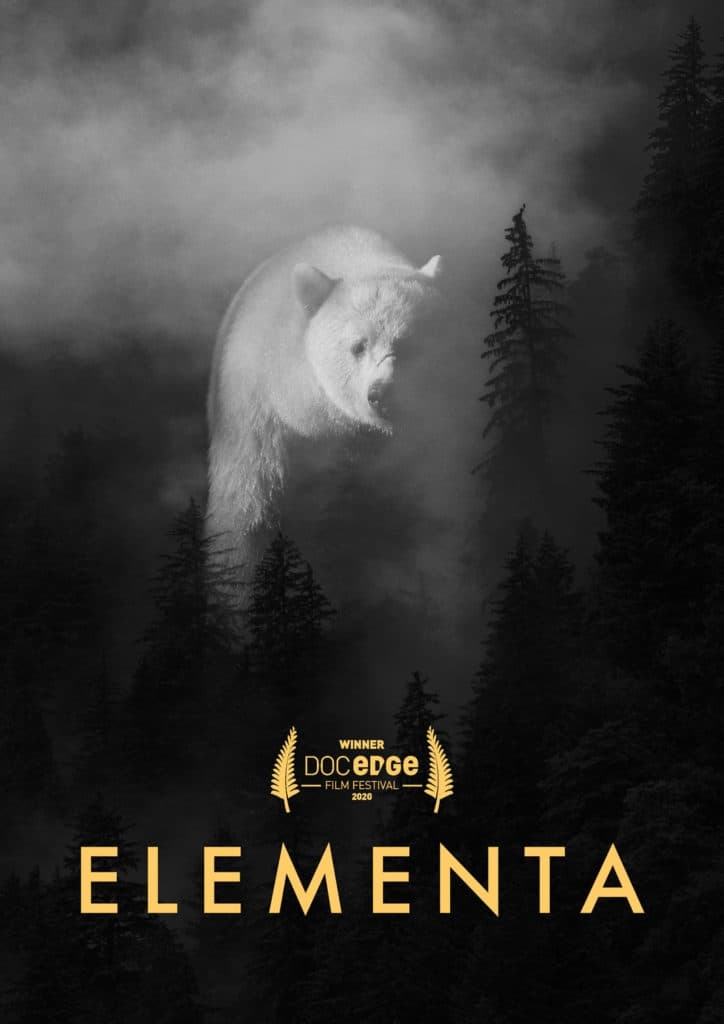
A black-and-white visual meditation of wilderness and the elements. Wildlife filmmaker Richard Sidey returns to the triptych format for a cinematic experience like no other.

For centuries, Inuit in the Arctic have lived on and around the frozen ocean. Now, as climate change is rapidly melting the sea ice between Canada and Greenland, the outside world sees unprecedented opportunity. Oil and gas deposits, faster shipping routes, tourism, and fishing all provide financial incentive to exploit the newly opened waters. But for more than 100,000 Inuit, an entire way of life is at stake. Development here threatens to upset the delicate balance between their communities, land, and wildlife. Divided by aggressive colonization and decades of hardship, Inuit in Canada and Greenland are once again coming together, fighting to protect what will remain of their world. The question is, will the world listen?

How in 1959, during the heat of the Cold War, the government of the United States decided to create a secret military base located in the far north of Greenland: Camp Century, almost a real town with roads and houses, a nuclear plant to provide power and silos to house missiles aimed at the Soviet Union.
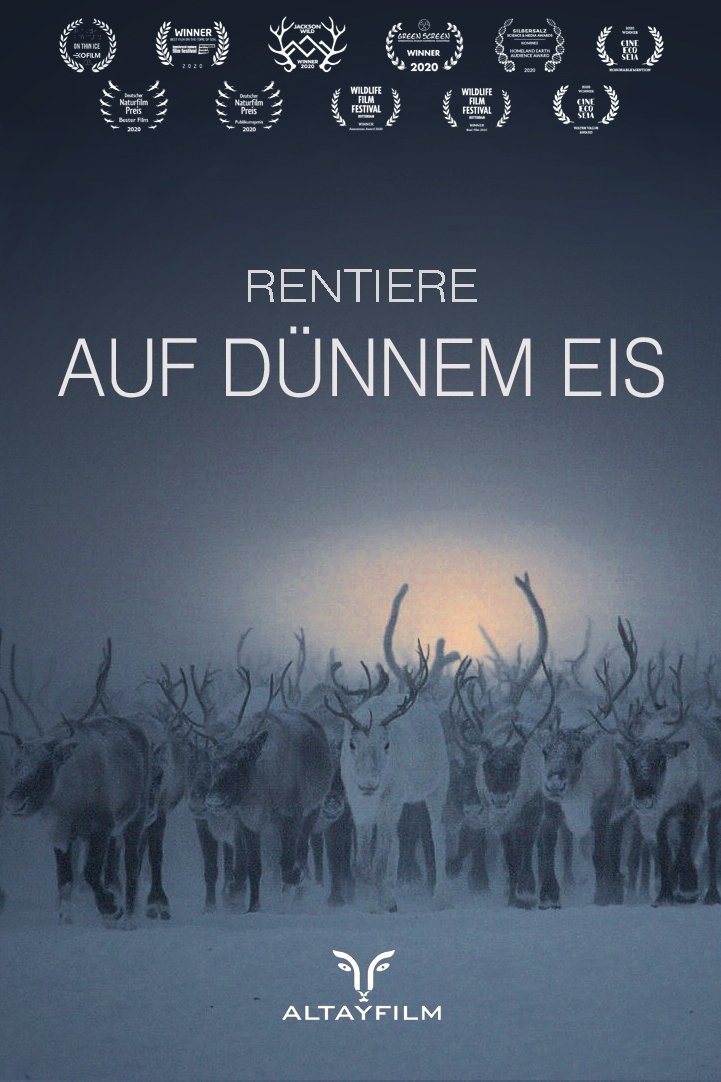
Climate change has reached the indigenous Nenets people in the north of Siberia. The nomads' herds of reindeer move on thin ice. The warming in the Russian Arctic is becoming dramatically visible. Huge craters open in the thawing permafrost and expose dangerous viruses and bacteria. Forest floors dry out and the taiga catches on fire. The pack ice off the coast is melting and depriving polar bears of their habitat so that they approach human settlements in their desperation. The changes in the nature of the Arctic Circle combine with the measurements of researchers and observations of the indigenous people to form a disturbing overall picture: In the Russian Arctic, Pandora's box has been opened! The film team had the chance to shoot in regions that were been restricted areas for decades. The documentary shows in impressive and depressing images already existing effects, phenomena and ominous interlinkages of global warming.
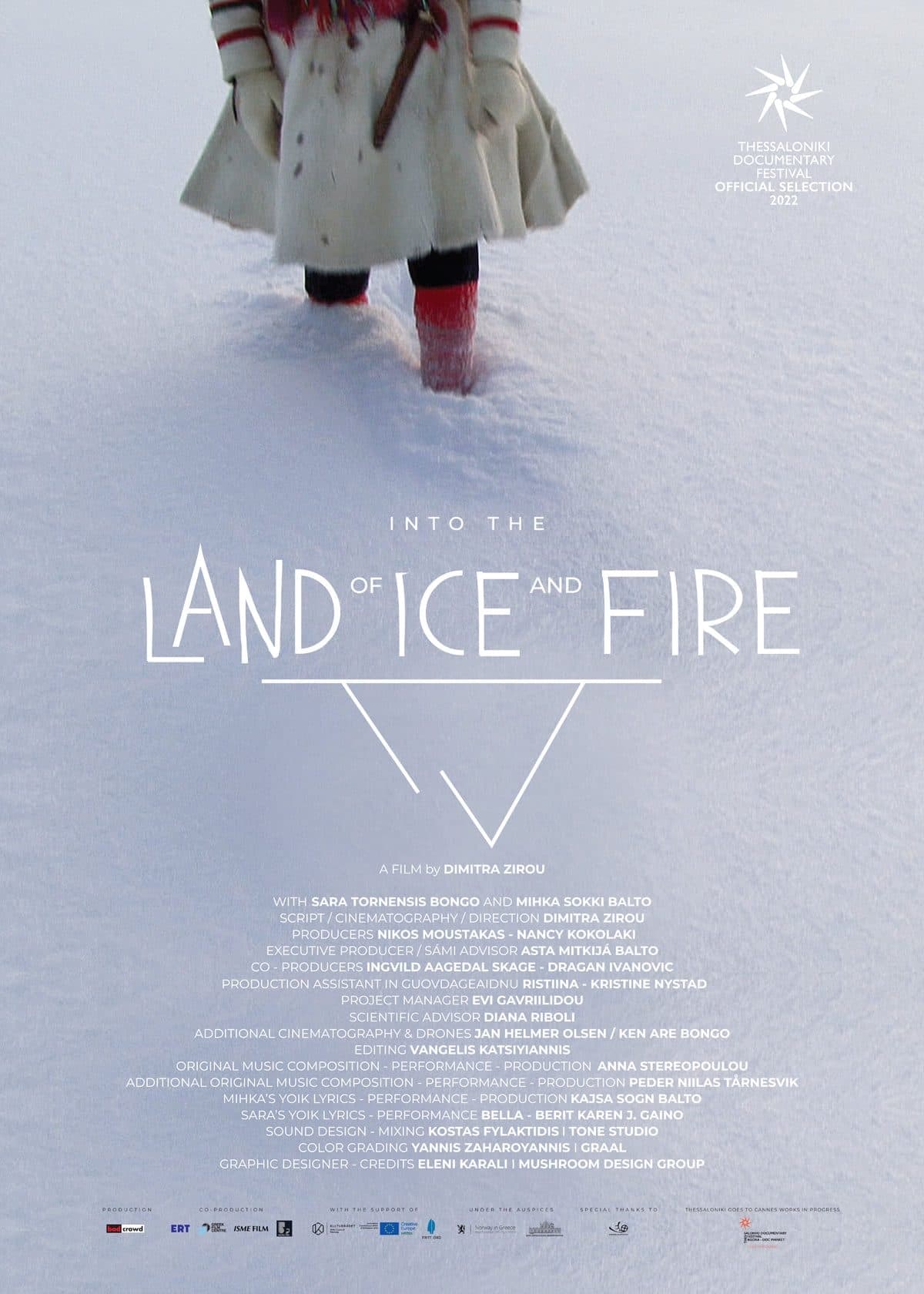
Two parallel stories are gradually unfolding the everyday life of two very different persons - that of 86-year-old Sara and 7-year-old Mihka - both residing in Guovdageaidnu - Kautokeino, in the middle of the Norwegian arctic tundra, through the drastic change of the arctic seasons and the passage from the long winter’s darkness to the never-ending light of the summer season.
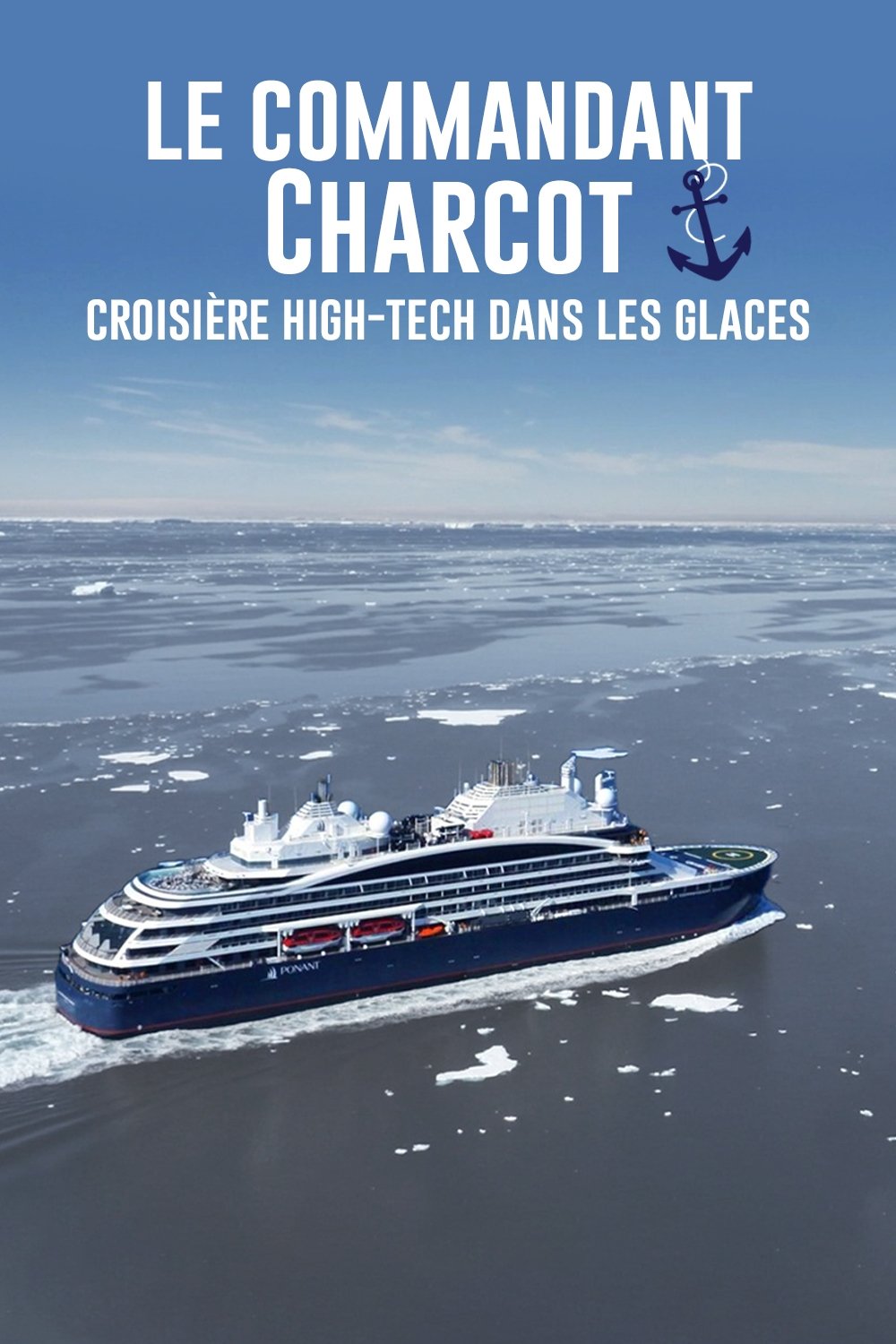
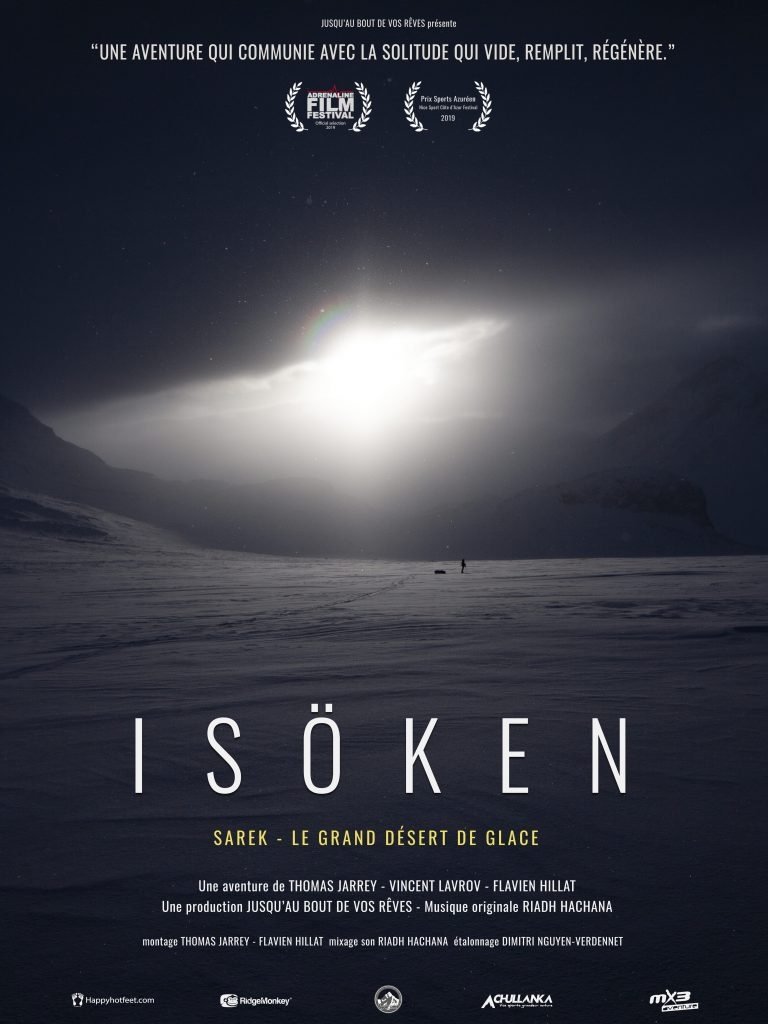
Three Frenchmen go out on their first polar expedition to the largest polar desert in the world. Sarek, in the north of Sweden.
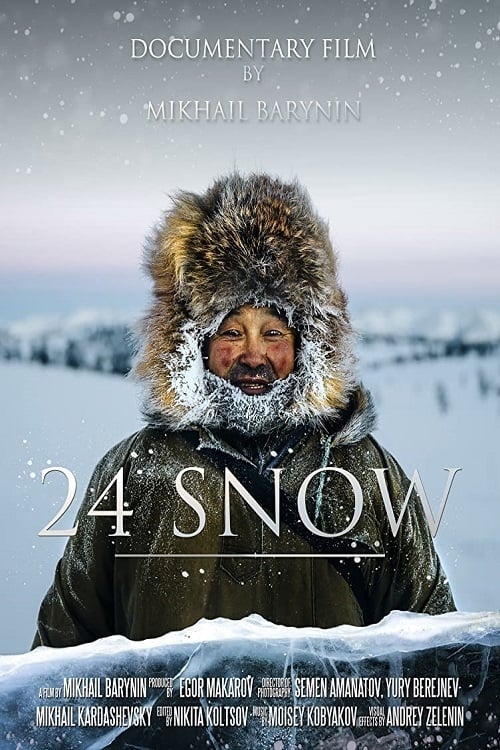
Like a lone cowboy, Sergei passionately devotes his life to traditional horse breeding in the impenetrable Arctic Sakha; permafrost and the absence of roads, electricity and channels of communication mean that there is nobody else to rely on but oneself. Sergei is sensitive and introspective; he truly cares about his family, community and treats nature with the utmost respect. He loves the independence and freedom this life brings, despite the immense sacrifices that it necessitates, such as total isolation and being a stranger to his own children. Spectacular camerawork characterizes the Sakha horses in all their magnificence, and juxtaposes the post-soviet towns and the boundless taiga landscapes, where the cold bites through the screen.
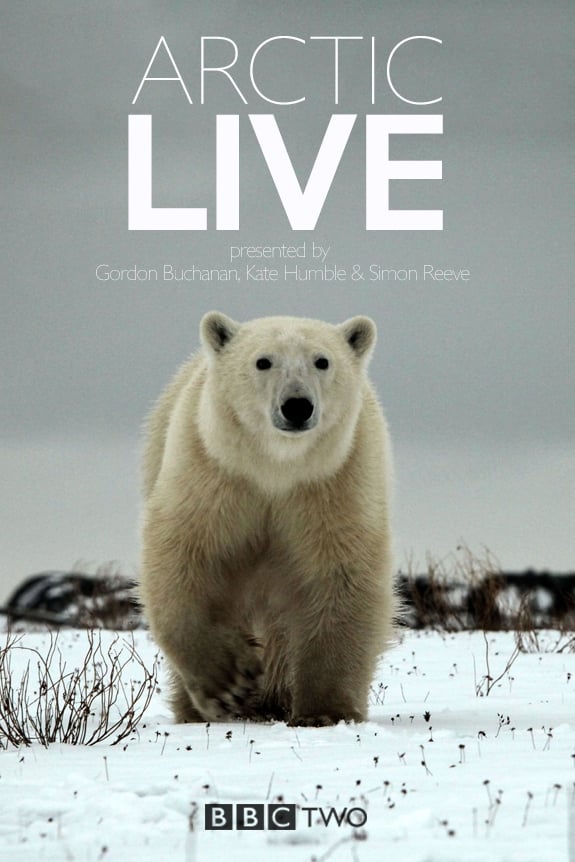
Gordon Buchanan, Kate Humble and Simon Reeve head north to follow the remarkable story of polar bears and the Arctic.
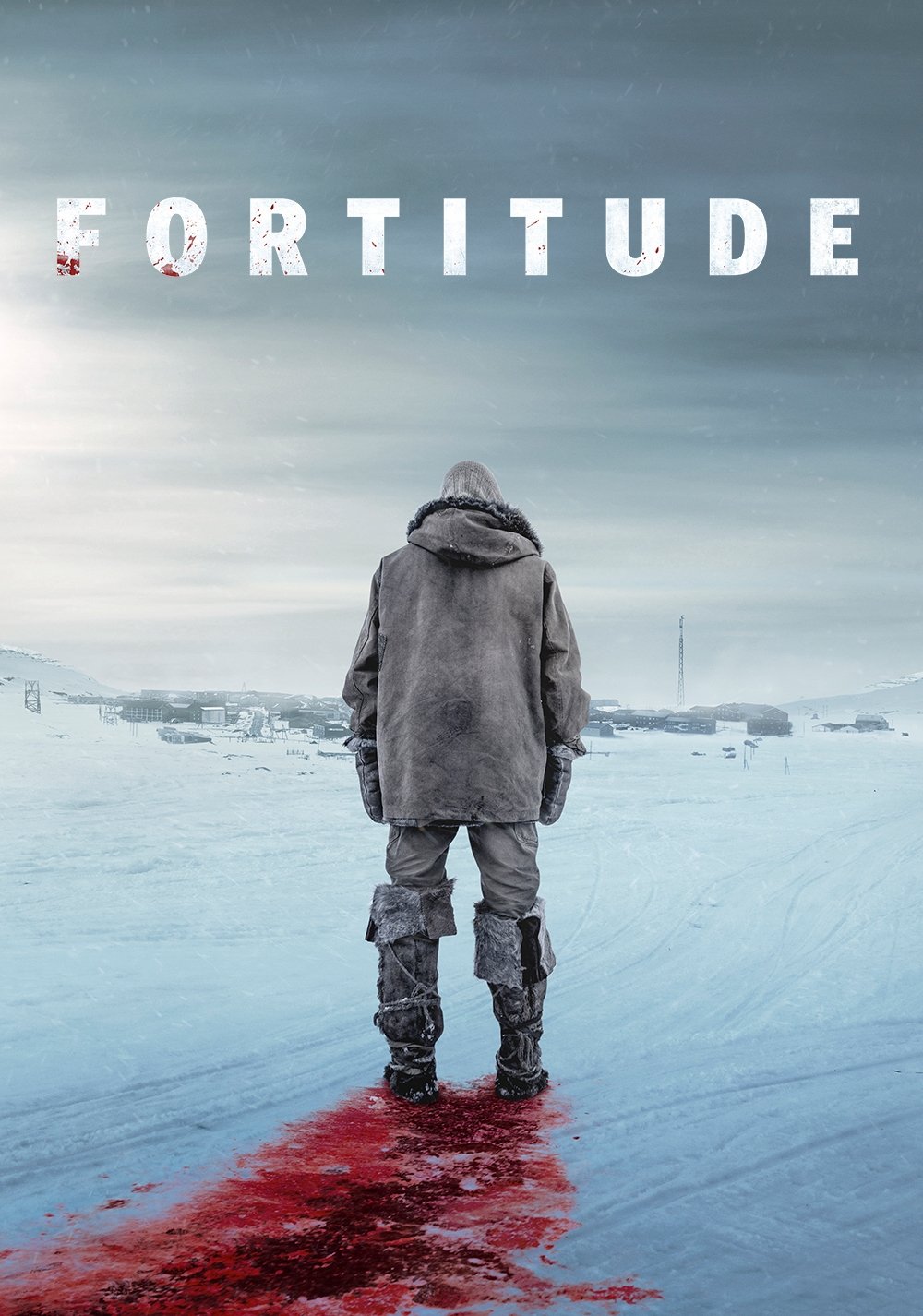
Fortitude is a place like nowhere else. Although surrounded by the savage beauty of the Arctic landscape, Fortitude is one of the safest towns on earth. There has never been a violent crime here. Until now. In such a close-knit community a murder touches everyone and the unsettling, mysterious horror of this crime threatens the future of the town itself.
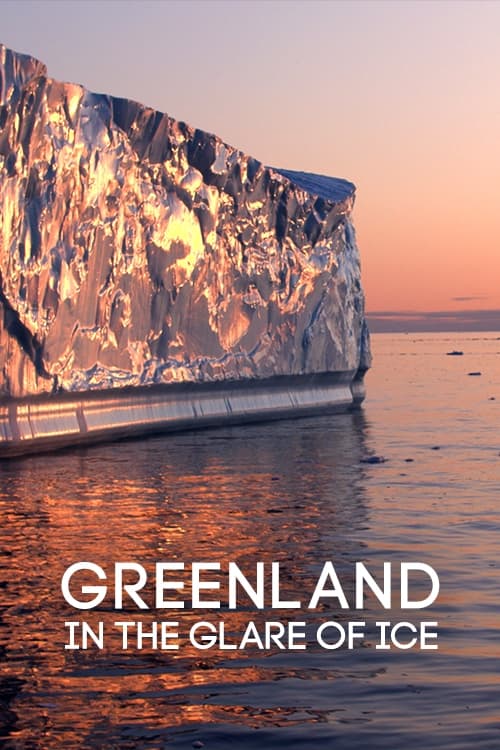
Greenland is the largest island in the world and the landmass closest to the North Pole. 80% of the country is covered by a layer of ice up to 3000 meters thick. Through the eyes of locals we get to know the authentic Greenland.
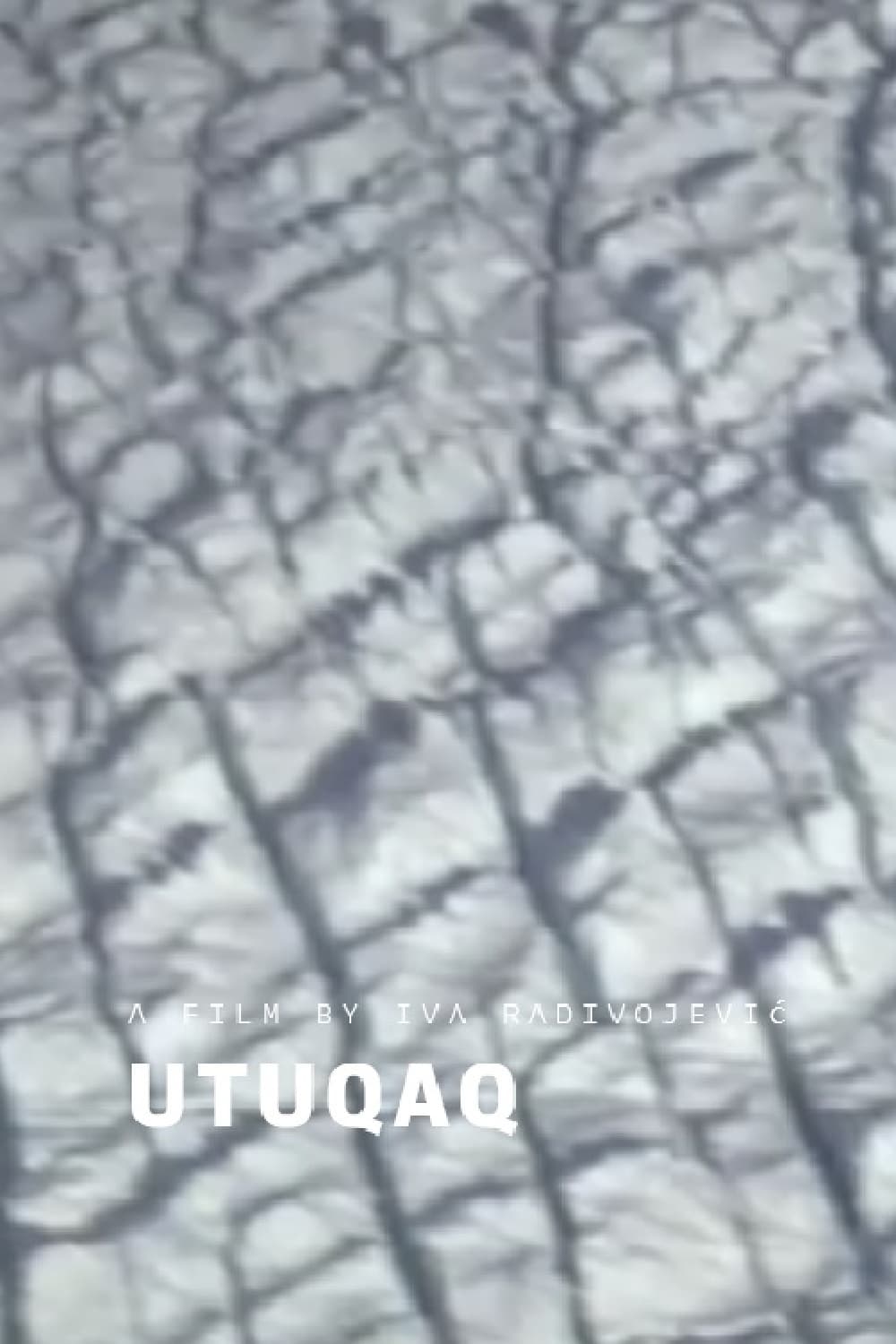
In the Arctic, ice is both all around and constantly disappearing. “Utuqaq” explores climate change from the perspective of this beautiful and vital element, as four researchers embark on an expedition to drill ice cores in subzero temperatures.
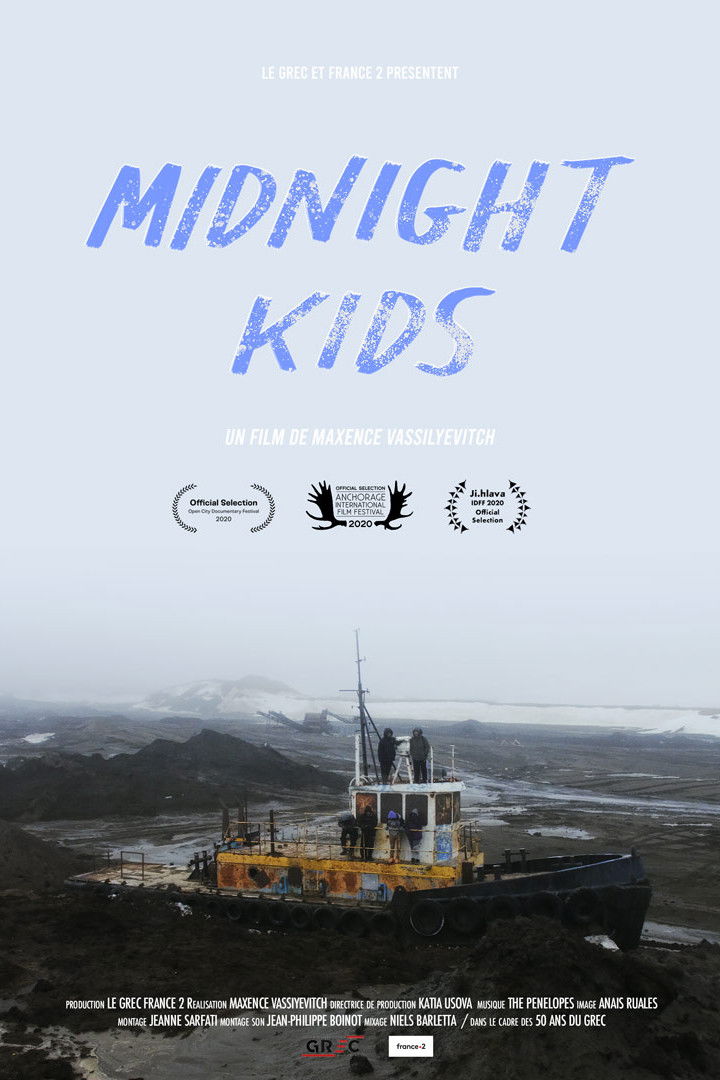
Utquiagvik is the northernmost city in Alaska, located 555 km beyond the Arctic Circle. This meditative documentary follows its young Inuit inhabitants, who explore the desolate snowy landscape under the midnight sun and transform their home into a vast playground full of melting glaciers and abandoned ships.
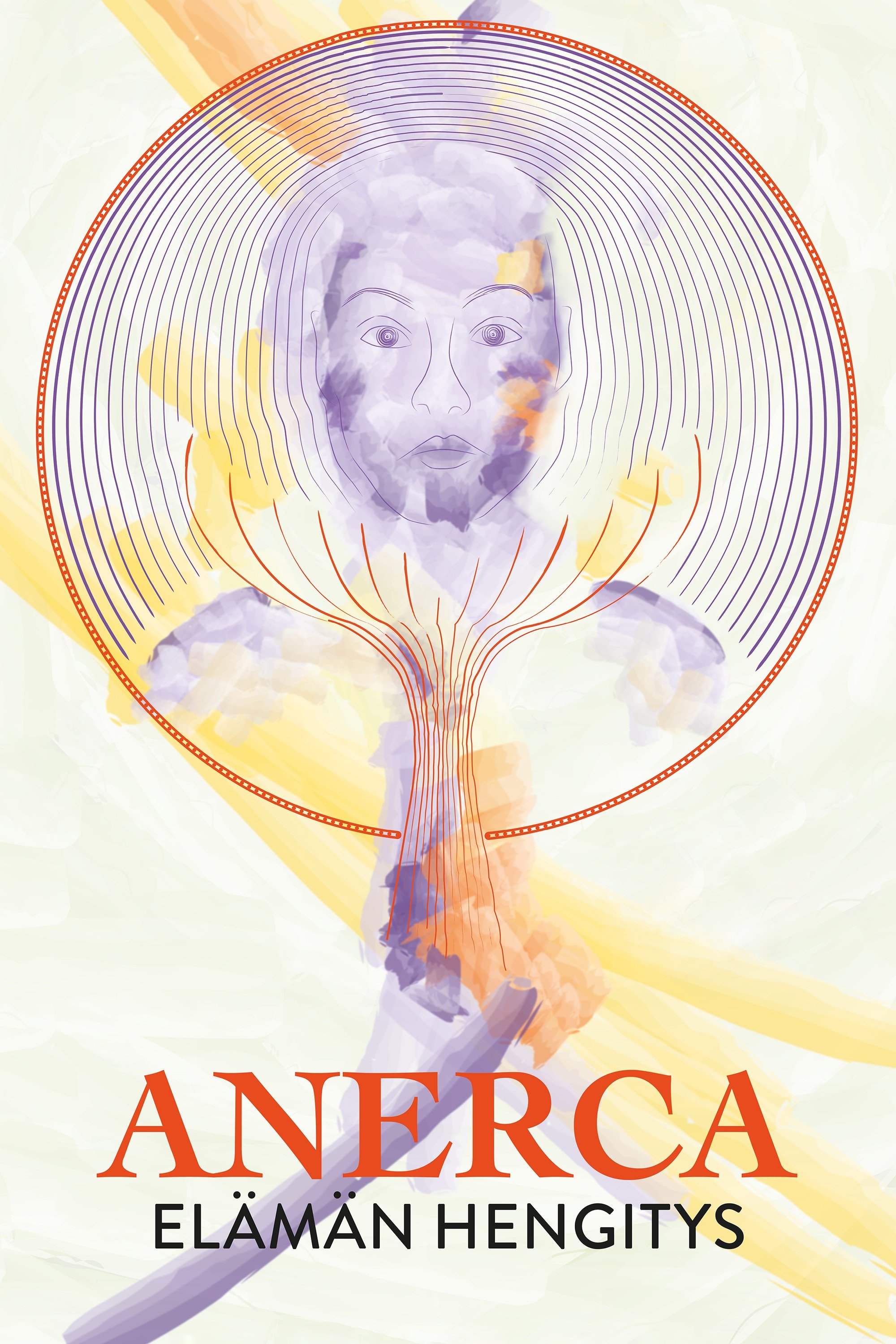
Markku Lehmuskallio has devoted a large part of his documentary work to the indigenous people of the Arctic Circle. In this latest film, co-directed with his son Johannes Lehmuskallio, he composes a fascinating poetic ethnography inspired by the singing, dancing, forms of contemporary existence and, above all, the vital breath of these nomad communities mistreated by History.
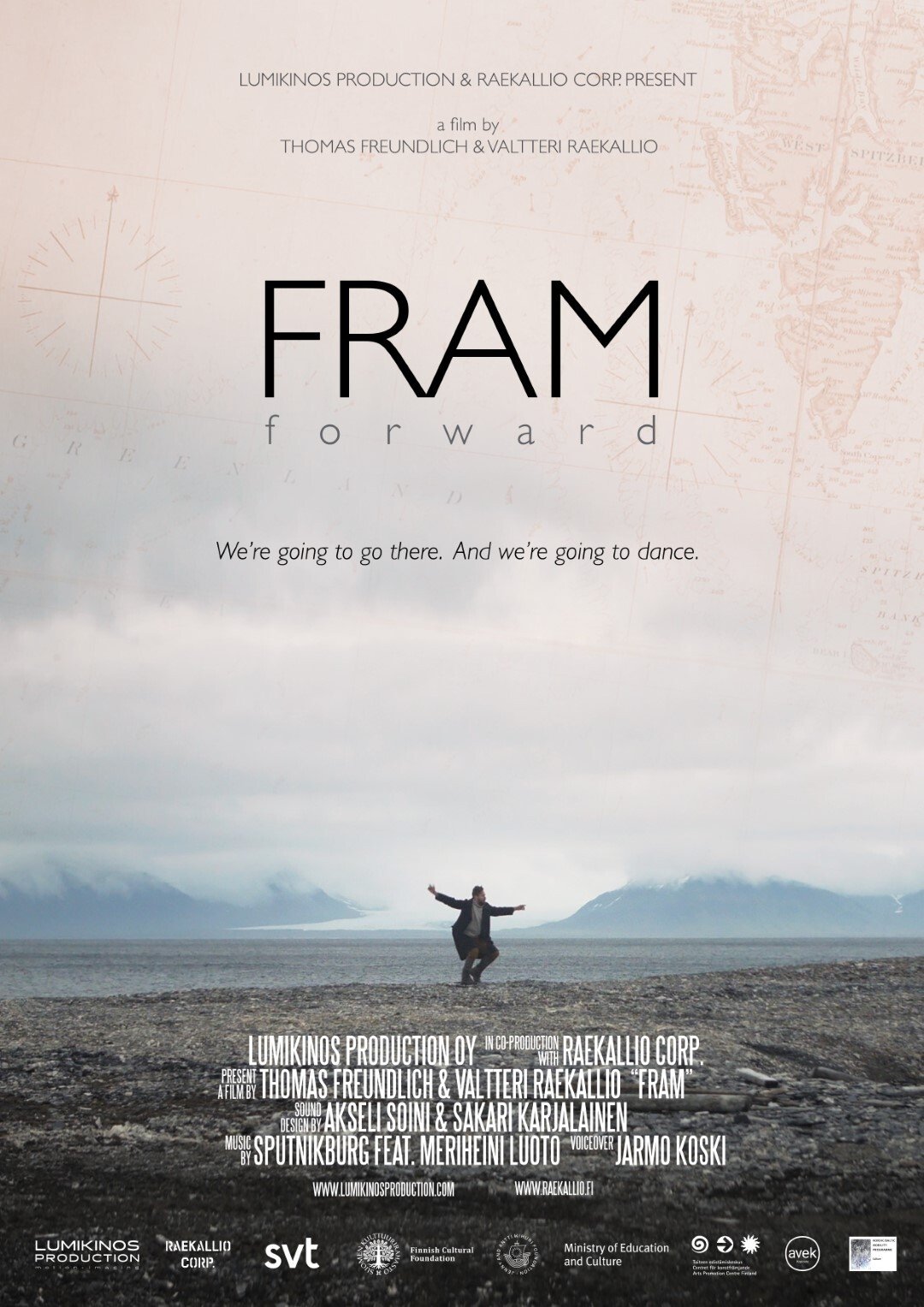
Why do we do incredibly difficult things that have no practical application? Is there a parallel between geographic and artistic exploration? Fram is a documentary and travel film about two friends journeying to the end of the earth, in order to make a dance film in the arctic wilderness of Svalbard. En route, they explore the history of our ideas of the Arctic, along with the grand questions of life, art and our place in the world. Sharing their love of discovering new geographic and artistic frontiers, choreographer-dancer-filmmakers and outdoor enthusiasts Thomas Freundlich and Valtteri Raekallio take the viewer on an engaging journey to a place where few have been and even fewer have danced.
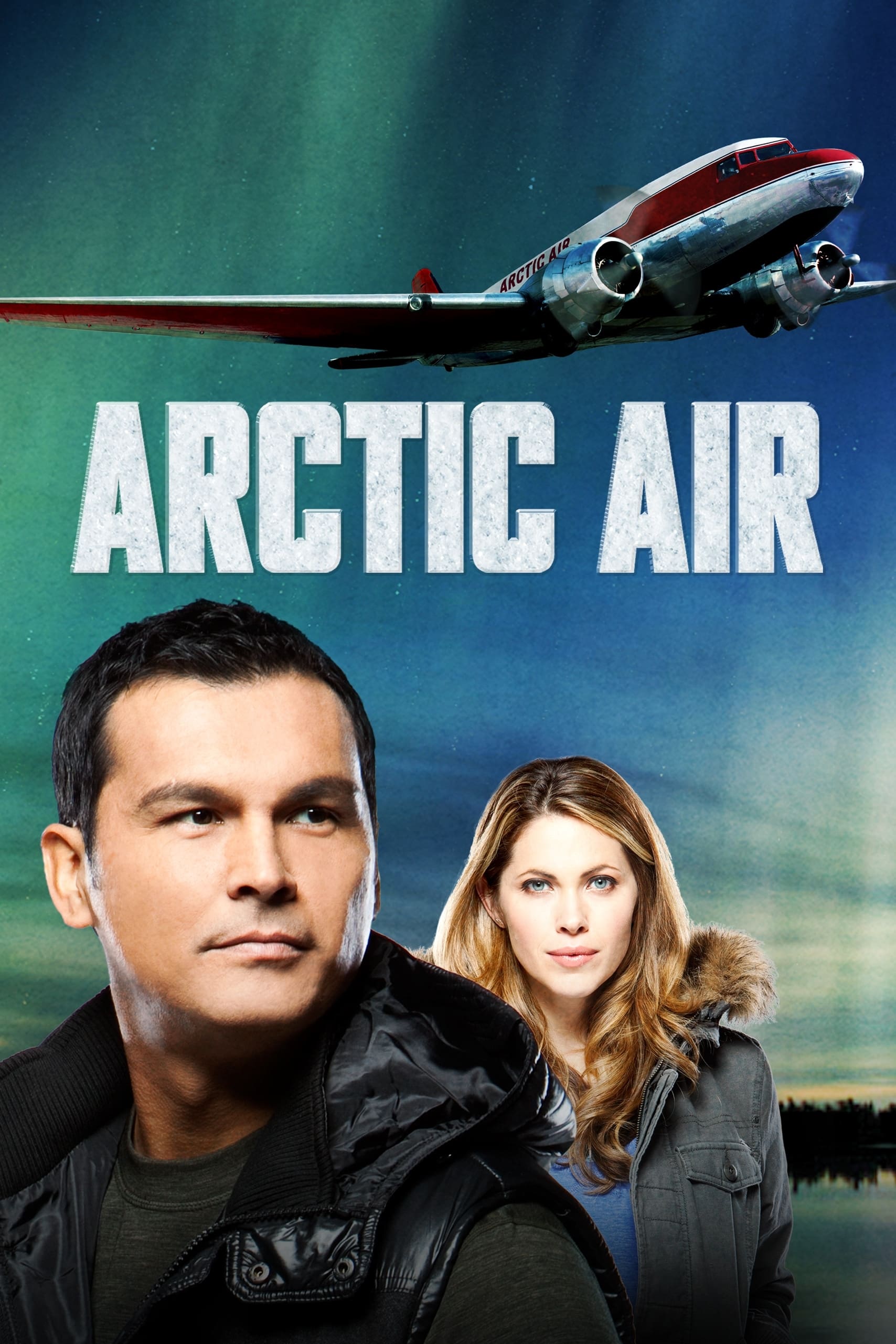
Arctic Air is about a Yellowknife-based maverick airline and the unconventional family who runs it. The owners are Mel Ivarson, an old school bush pilot; Krista Ivarson, Mel's daughter; and Bobby Martin, the son of Ivarson's deceased partner. Episodes focus on interpersonal conflicts between the characters as well as dramatic flying missions with their aging fleet of Douglas DC-3s, de Havilland Canada DHC-3 Otters and other aircraft. Each episode has one or more flying missions. The series was canceled on March 17, 2014, due to government budgetary cuts
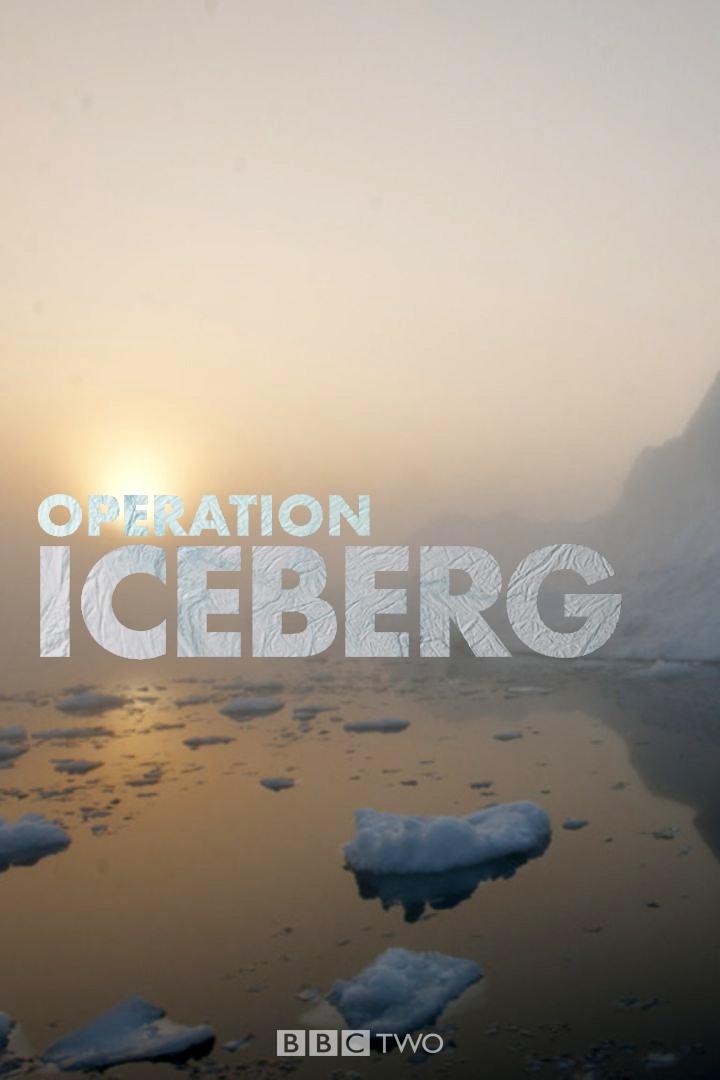
A groundbreaking expedition to the Arctic investigates the unknown world of icebergs, exploring the creation, life and death of these frozen behemoths for the first time
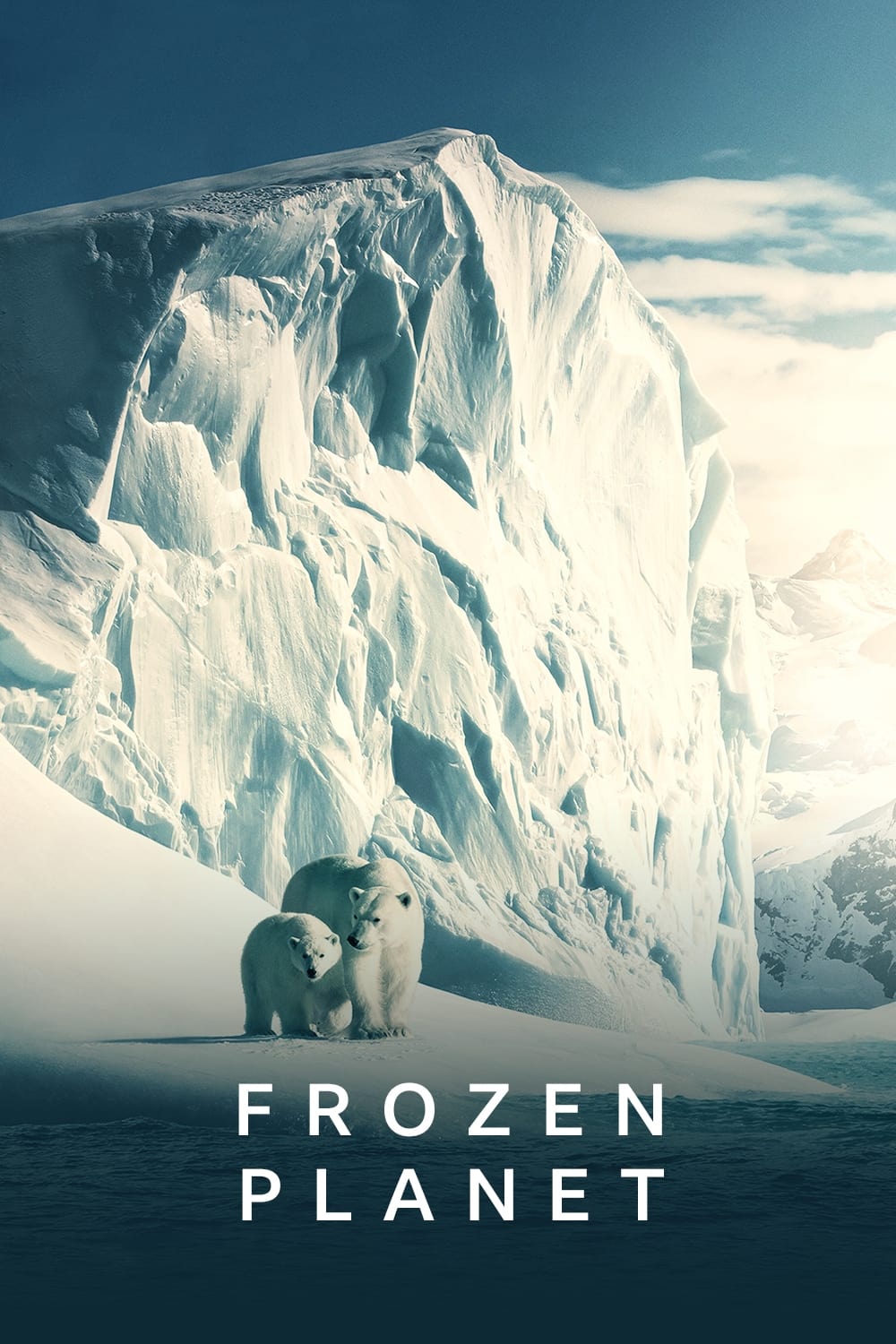
David Attenborough travels to the end of the earth, taking viewers on an extraordinary journey across the polar regions of our planet.